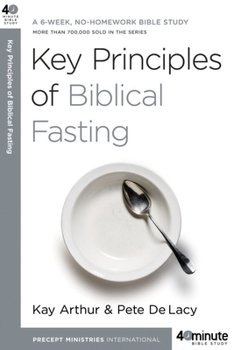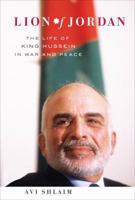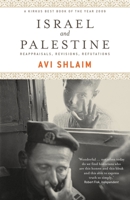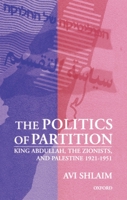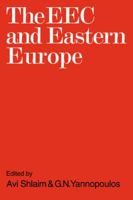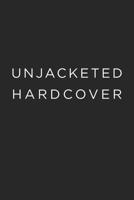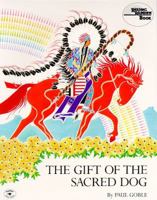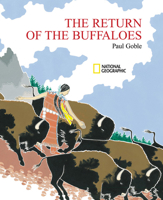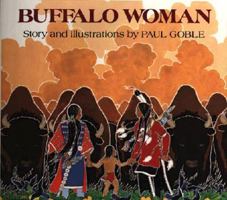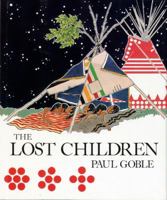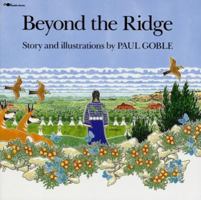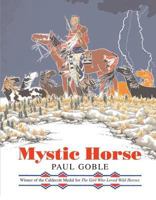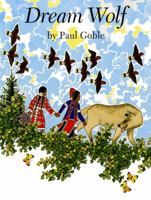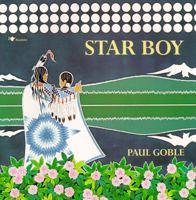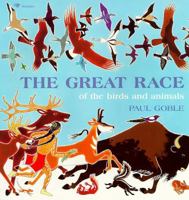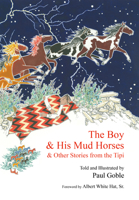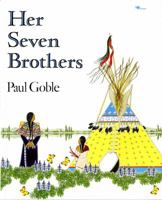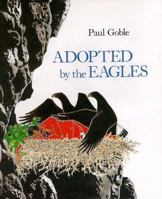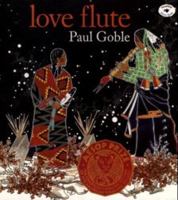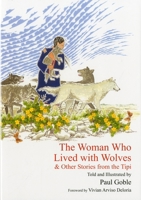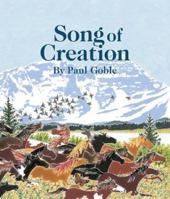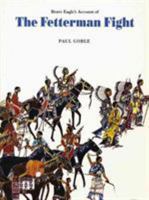Key Principles of Biblical Fasting
(Part of the 40-Minute Bible Studies Series)
Select Format
Select Condition 
More by Avi Shlaim
Book Overview
Discover the Purpose and Power of Fasting Do you desire to feel His presence, hear His voice, sense His pleasure? Since ancient times, fasting has been considered an essential means of drawing near to God. But this spiritual discipline involves much more than abstaining from food; it goes right to the heart of genuine faith. Through this invigorating study, you'll gain a clear understanding of the principles behind this practice and be equipped to make fasting a key part of your relationship with God.
Format:Paperback
Language:English
ISBN:0307457656
ISBN13:9780307457653
Release Date:July 2009
Publisher:Waterbrook Press
Length:96 Pages
Weight:0.34 lbs.
Dimensions:0.4" x 5.4" x 8.1"
You Might Also Enjoy
Customer Reviews
5 customer ratings | 5 reviews
There are currently no reviews. Be the first to review this work.











